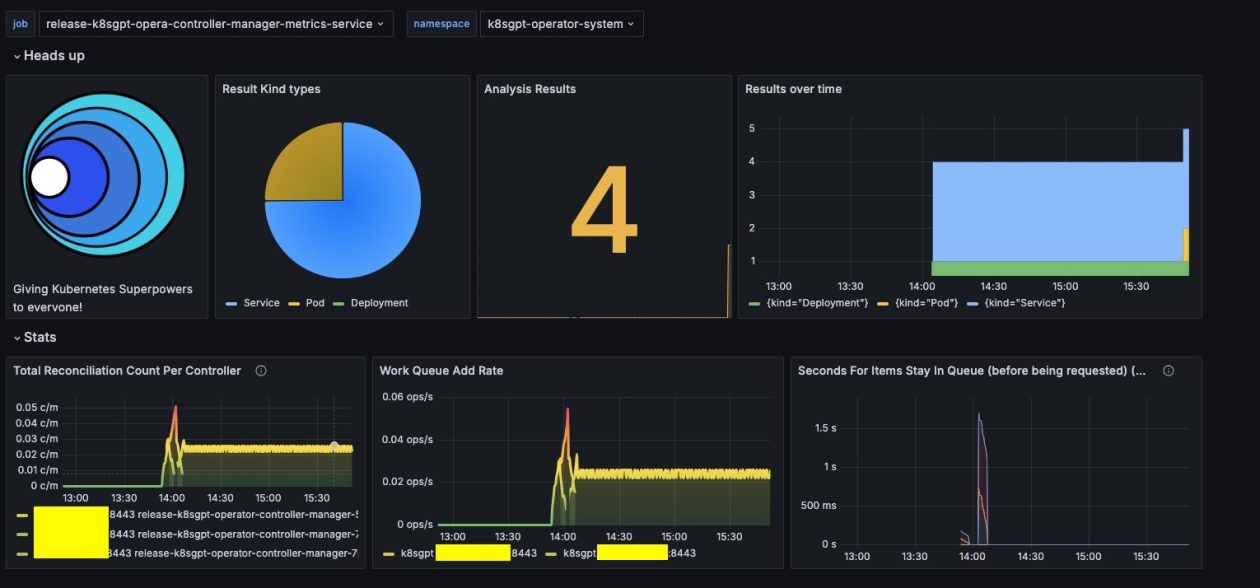Sure! Here’s the translated text into American English:
—
The increasing complexity of Kubernetes clusters presents a considerable challenge in efficiently managing these infrastructures. These environments, which are critical for maintaining business continuity, require experts in various areas, including networking, storage, and security, to resolve issues quickly and effectively.
The integration of advanced generative artificial intelligence tools, such as K8sGPT and Amazon Bedrock, promises to completely transform the operations and maintenance of Kubernetes clusters. These solutions are not limited to troubleshooting; they offer high-level operational intelligence that redefines infrastructure management. Thanks to their capabilities to use pre-trained knowledge and custom analyzers, these tools enable faster debugging, continuous monitoring, and proactive problem identification, allowing teams to address issues before they impact essential workloads.
K8sGPT, a project under the Cloud Native Computing Foundation (CNCF), is revolutionizing Kubernetes management by scanning clusters and providing useful insights in accessible language, thanks to advanced AI models like Claude from Anthropic and OpenAI. This system focuses not only on basic problem-solving but also presents sophisticated self-remediation capabilities, functioning as a site reliability engineer that monitors changes in the cluster and provides rollback mechanisms when necessary. Its Model Communication Protocol (MCP) server allows structured, real-time interactions with AI assistants for constant cluster analysis.
This advancement represents a significant shift in how problems are addressed, moving from a reactive approach to a proactive one in terms of operational intelligence. K8sGPT operates on AWS through Amazon Bedrock in two modes: CLI and Operator. The CLI allows for on-demand analysis, while the Operator handles continuous monitoring within the cluster, seamlessly integrating with Kubernetes workflows and storing data as custom resources. Both options can invoke Amazon Bedrock models to provide detailed analysis and recommendations.
Additionally, K8sGPT allows for the creation of custom analyzers, empowering teams to expand their analysis tools beyond the default options. This is particularly useful for monitoring specific aspects of cluster status, ensuring that specific operational needs are met.
As organizations face increasing challenges in managing Kubernetes, the combination of K8sGPT and Amazon Bedrock represents a pragmatic solution that not only optimizes operational load but also enhances overall performance. Artificial intelligence has become an essential functionality, enabling development and operations teams to improve their effectiveness and maintain high performance in increasingly complex Kubernetes environments.
—
Let me know if you need any adjustments!
via: MiMub in Spanish










